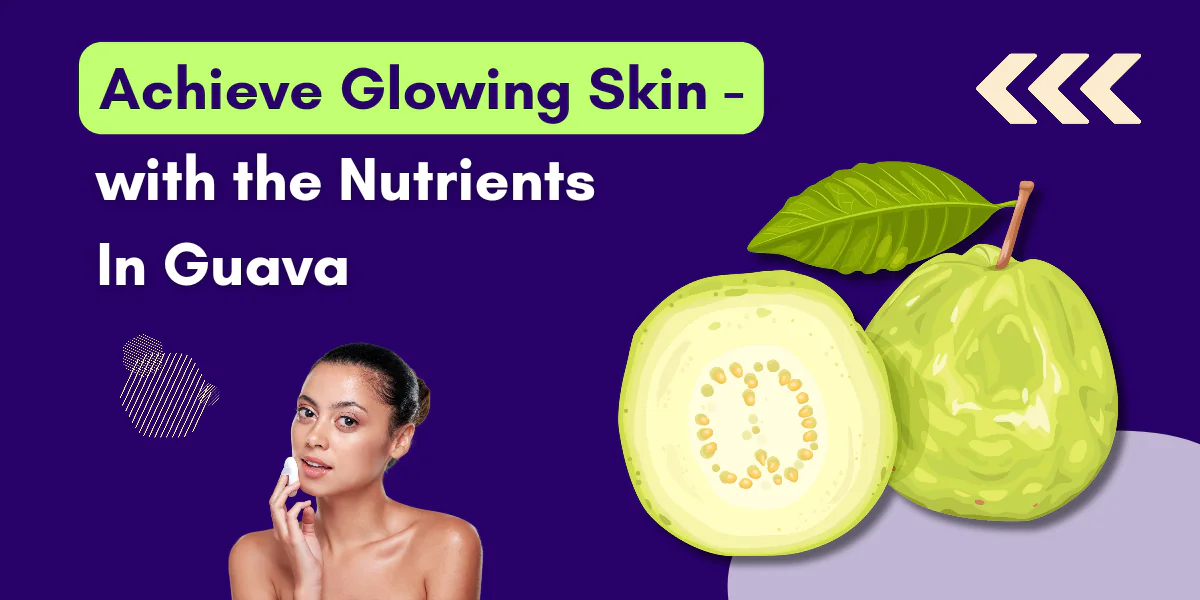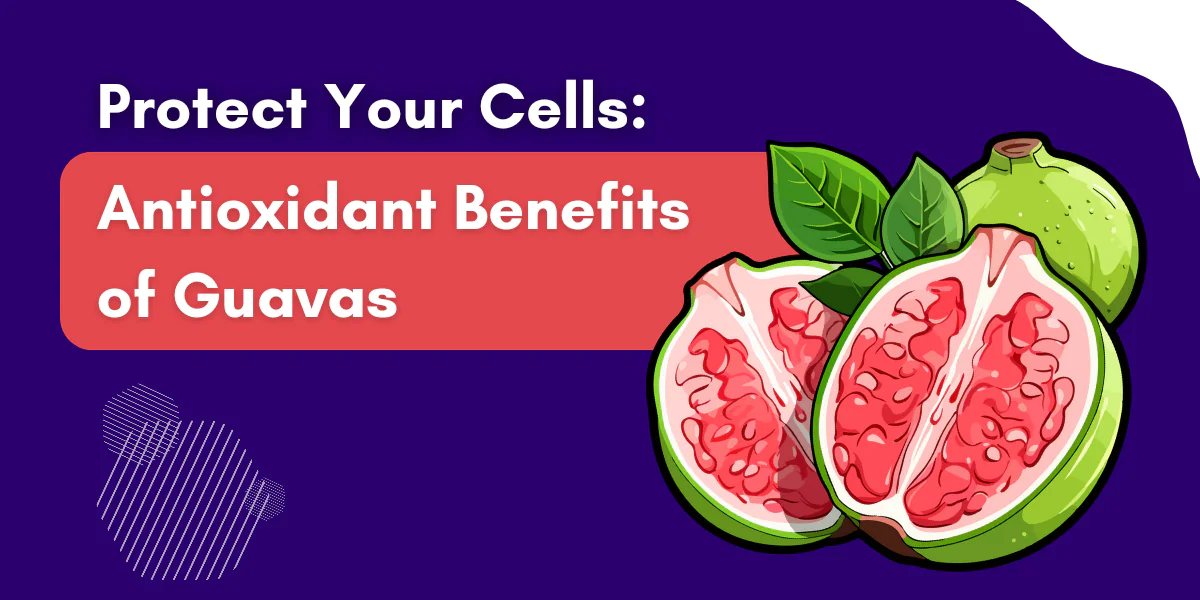Looking for ways to achieve and maintain youthful, radiant skin? You may not need expensive skincare products when nature has a powerful ally to offer—oranges. Known for their refreshing taste and rich nutrients, oranges are packed with vitamin C and antioxidants that help boost collagen production. Collagen is vital for firm, youthful skin, as it provides structure, elasticity, and resilience. Let’s explore how oranges can support collagen production, promote skin health, and offer a natural glow.
What Is Collagen, and Why Is It Important for Skin Health?
Collagen is a protein that plays a major role in maintaining skin structure. It’s a fundamental component of our skin, hair, muscles, and connective tissues. As we age, collagen production declines, leading to visible signs of aging, like wrinkles, sagging skin, and fine lines. Environmental factors, such as pollution, sun exposure, and stress, can also speed up collagen loss.
For Indians, factors like high sun exposure and urban pollution make protecting skin from premature aging particularly important. Ensuring sufficient collagen production through diet and lifestyle can help maintain youthful, healthy skin.
Related: 8 Amazing Benefits of Oranges for Healthy, Glowing Skin
Why Oranges Are Ideal for Boosting Collagen Production
Oranges, one of the most popular fruits in India, are rich in vitamin C, a powerful antioxidant that directly aids in collagen synthesis. Let’s break down the main reasons why oranges are an ideal addition to your diet for boosting collagen production:
- Vitamin C Content
Vitamin C is essential for collagen synthesis. Without it, the body cannot produce collagen efficiently, affecting skin strength and elasticity. Oranges contain high levels of vitamin C, which encourages collagen production naturally, improving skin structure and reducing wrinkles. - Antioxidants
The antioxidants in oranges fight free radicals, unstable molecules that damage skin cells and accelerate aging. By neutralizing free radicals, antioxidants reduce skin damage, keeping the skin youthful and glowing. - Hydration Support
Oranges have a high water content, which helps keep skin hydrated. Proper hydration supports collagen, as dry skin can lose firmness and elasticity more quickly. - Bioactive Compounds
Oranges contain bioactive compounds, such as flavonoids, which protect the skin and support collagen production. These compounds have anti-inflammatory properties that protect skin cells from environmental stressors, aiding in collagen retention.

Health Benefits of Oranges for Skin and Collagen Production
Adding oranges to your diet offers more than just collagen support. Here’s a closer look at some skin benefits you can expect:
1. Improved Skin Elasticity
The vitamin C in oranges improves skin elasticity by supporting collagen production. Collagen is essential for firm, youthful skin, so consuming oranges can help your skin appear more supple and firm.
2. Reduced Wrinkles and Fine Lines
Antioxidants combat the free radicals responsible for skin damage, leading to fewer wrinkles and fine lines. Incorporating oranges into your diet or skincare routine can help reduce visible signs of aging.
3. Protection from UV Damage
The antioxidants in oranges, including flavonoids, help protect skin from harmful UV rays, which are a significant factor in collagen breakdown. Although oranges can’t replace sunscreen, they add a layer of protection against sun-related aging.
4. Natural Glow
Oranges help your skin appear vibrant and healthy. This natural glow is due to the high antioxidant content, which keeps skin looking fresh, smooth, and even-toned.
5. Enhanced Wound Healing
Vitamin C supports wound healing by promoting collagen formation. Faster healing can help reduce scarring and prevent infections, keeping your skin smooth and blemish-free.
Related: 10 Health Benefits of Oranges for a Stronger Immune System
Practical Ways to Use Oranges for Skin Health and Collagen Production
Incorporating oranges into your daily routine can be as simple as eating the fruit directly or using orange-based skincare. Here are some practical ways to get the most out of oranges for your skin:
- Eat Fresh Oranges Daily
Eating fresh oranges or drinking fresh orange juice daily provides a natural boost of vitamin C and antioxidants. Start your morning with an orange or enjoy it as a mid-day snack. - DIY Orange Face Mask
Use orange juice or pulp in a homemade face mask to rejuvenate your skin. Mix orange juice with yogurt and honey, apply to your face, and rinse after 10–15 minutes for a fresh glow. - Orange Peel Powder
Dried orange peel powder can be used as a natural exfoliant. Mixing it with curd or milk creates an anti-aging face pack that helps with collagen production and brightens the skin. - Smoothies with Oranges
Add oranges to smoothies for a nutrient boost. Blend oranges with greens like spinach or kale and other vitamin C-rich fruits, such as strawberries, to maximize antioxidant intake.
Traditional Indian Recipes Featuring Oranges for Skin Health
Indians love adding natural ingredients to their diet for health benefits, and oranges are no exception. Here are a couple of recipes that incorporate oranges to boost skin health:
- Orange and Beetroot Salad
Beetroots are also rich in antioxidants and work well with oranges in a refreshing salad. Combine sliced oranges and beetroots, drizzle with lemon juice, and sprinkle with chaat masala for a tangy, skin-friendly dish. - Amla and Orange Juice
Amla (Indian gooseberry) is another excellent source of vitamin C. Mixing amla juice with fresh orange juice creates a powerhouse drink for collagen support and immunity. - Masala Orange Tea
Create a soothing tea with orange peel, cloves, and cinnamon. Boil these ingredients in water for a few minutes to make a fragrant, antioxidant-rich tea that supports skin health.
Tips for Maximizing the Skin Benefits of Oranges
To make the most of the benefits of oranges for collagen production and skin health, keep these tips in mind:
- Eat Whole Oranges: Eating the whole fruit provides fiber, which is beneficial for digestion and nutrient absorption. This fiber also helps maintain blood sugar levels, preventing insulin spikes that can lead to premature aging.
- Avoid Sugary Orange Juices: Freshly squeezed orange juice is better than packaged options, which may contain added sugars that counteract the benefits for skin health.
- Use the Peel: Orange peels contain higher concentrations of vitamin C and antioxidants. You can use the peel in teas, face masks, or even as a natural zest in recipes.
- Combine with Other Nutrient-Rich Foods: Pairing oranges with other foods rich in vitamin E and healthy fats, like nuts or avocados, helps enhance skin elasticity and texture.
Potential Side Effects of Oranges and Considerations
While oranges are safe and beneficial for most people, there are a few considerations to keep in mind:
- High Acidity: The acidic nature of oranges may cause discomfort for people with sensitive stomachs or acid reflux. It’s best to consume them in moderation if you have digestive sensitivities.
- Allergic Reactions: Some people may experience allergies to citrus fruits, so it’s essential to be aware of any signs of itching, swelling, or digestive discomfort.
- High Sugar Content: Oranges contain natural sugars, so people with diabetes should consume them in moderation to avoid sudden blood sugar spikes.
Key Takeaways
Adding oranges to your diet can significantly support collagen production, which is essential for youthful, glowing skin. By providing rich vitamin C, antioxidants, and hydration, oranges can improve skin elasticity, reduce wrinkles, and protect against UV damage. Whether enjoyed as a snack, in a salad, or as part of your skincare routine, oranges offer natural benefits for healthy skin.
With their unique nutritional profile, oranges are an affordable, accessible way to boost skin health. So, try including this vibrant fruit in your daily routine and enjoy the visible effects of its skin-nourishing properties.
Read Also: 8 Ways Oranges Boost Your Immune System This Winter
Medical Disclaimer: This article is for informational purposes only and is not a substitute for professional medical advice. Always consult with a healthcare provider for personalized recommendations.




















